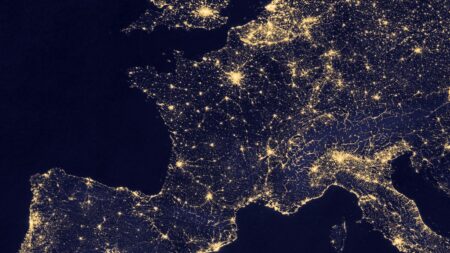As the Trump administration moves to roll back clean energy tax credits, the real question isn't whether renewable energy will survive, but who will own and control the infrastructure that powers America's future.
Of the estimated 350,000 chemicals now on the global market, only a handful have been properly tested. And as the looming crises with forever chemicals and micro-plastics make clear, we are only just beginning to grasp the enormous toll that these novel entities are taking on human health. How did our environmental law allow this to happen? And what can be done to correct it?
The IRA promises to pump billions of dollars into clean energy infrastructure, primarily though tax equity financing. This approach, despite its merits, all but guarantees that our clean energy future will be dominated by incumbent private actors, namely large financial institutions and private developers, who will capture the benefits of abundant low-cost renewable electricity.
The global energy price shocks of the past two years have made it painfully clear that energy cannot be treated as an ordinary commodity. They also offer an opportunity to rethink the push to liberalize energy markets over the past forty years, and particularly the use of markets for electricity provisioning.
Due to the Russian invasion of Ukraine, food prices are higher in real terms today than at any point since the early 1970s. Yet it is the underlying political economy of the global food system that has created the conditions where hundreds of millions of people don’t get enough to eat.
To explain soaring energy prices, we must look beyond supply shortfalls and bottlenecks to the choices that governments have made about how to price energy.





